Overleaf 模板库LaTeX 模板和示例 — Recent
探索 LaTeX 模板和示例,以帮助完成从撰写期刊文章到使用特定 LaTeX 包的所有工作。
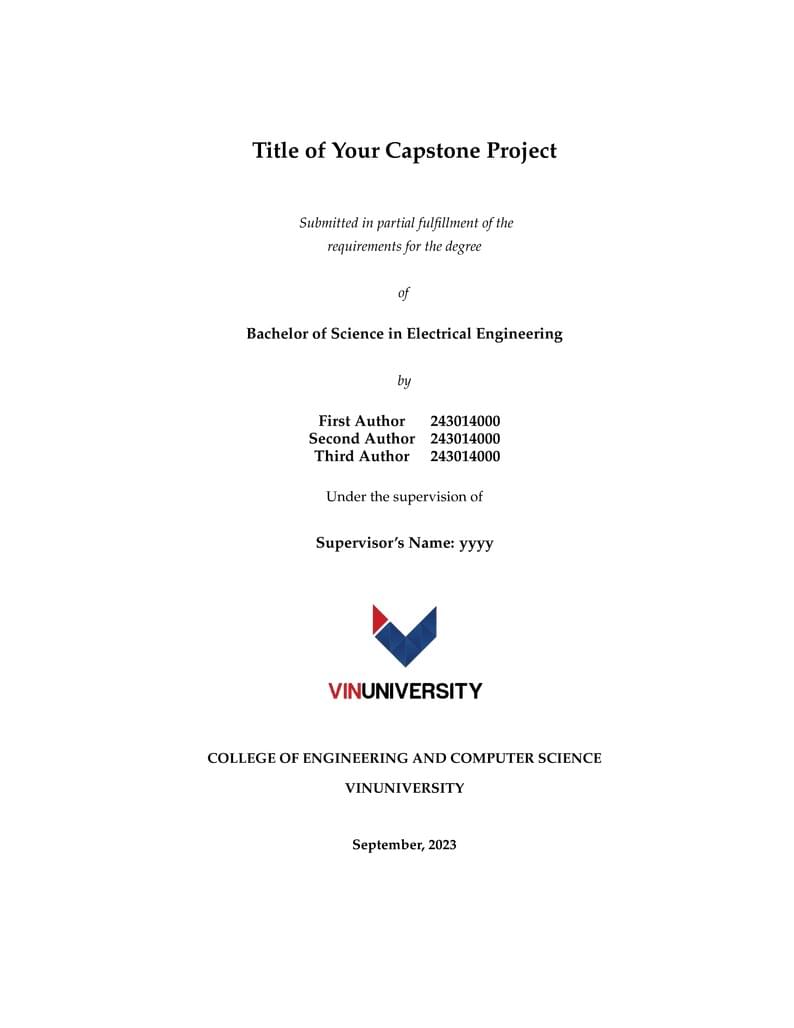
The Template for the final Capstone Project of College of Engineering & Computer Science, VinUniversity
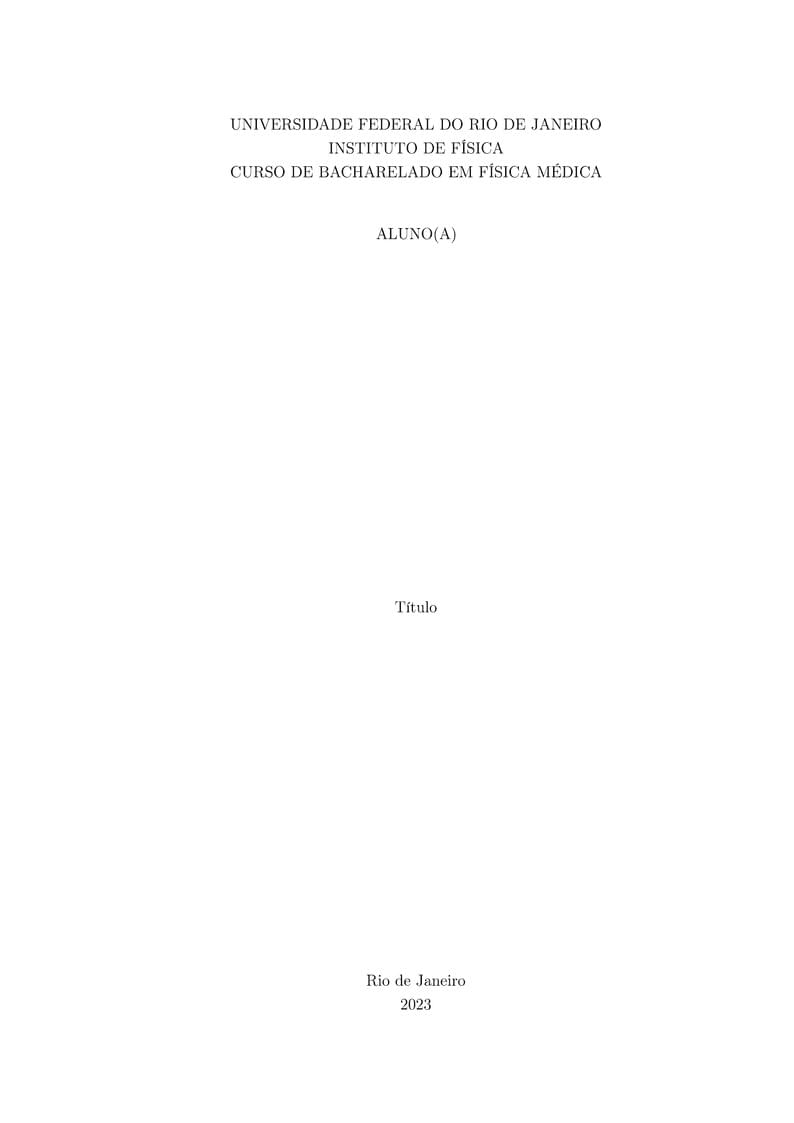
Modelo genérico para escrita do TCC do curso de Física Médica da UFRJ seguindo os padrões definidos pela instituição para trabalhos em portguês.
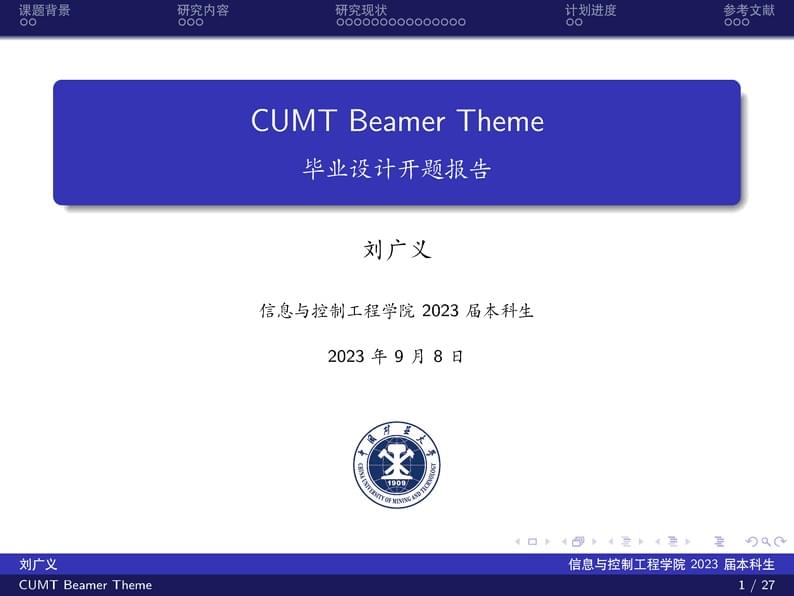
中国矿业大学beamer模板

This is an unofficial SNU thesis template that I use for my master’s degree.
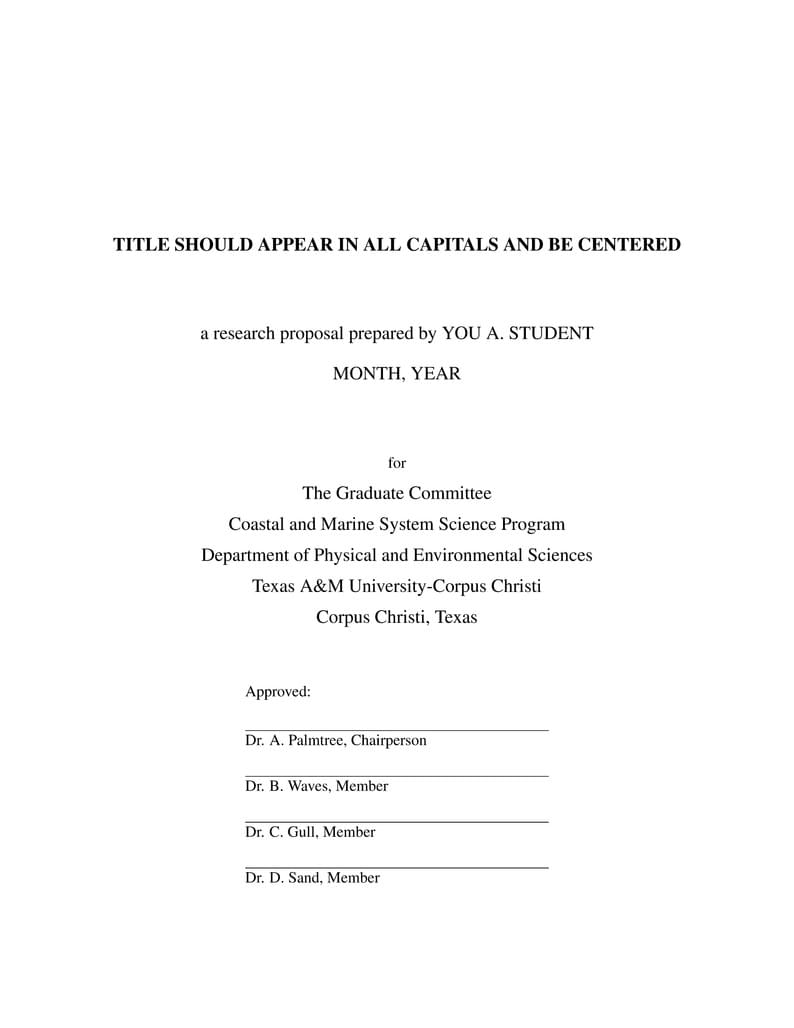
An unofficial Latex Proposal Template created according to the requirements in Texas A&M University-Corpus Christi, Coastal & Marine Systems Science PhD Program Handbook Page 36-40, as of August 21, 2023
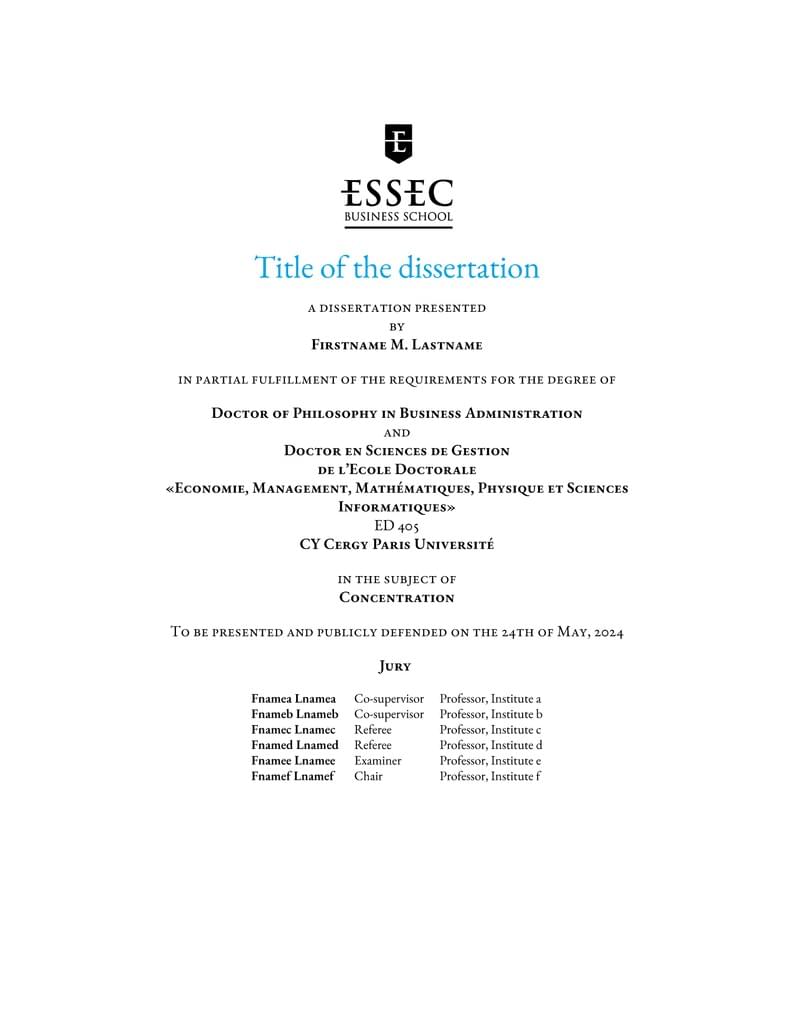
This is a modified version of the Harvard-Princeton-NYU template authored by ''The Assembly Community'' as given in the Overleaf Gallery. This is modified to fit ESSEC Business School PhD dissertation guidelines- added logo, school colors, minor formatting changes
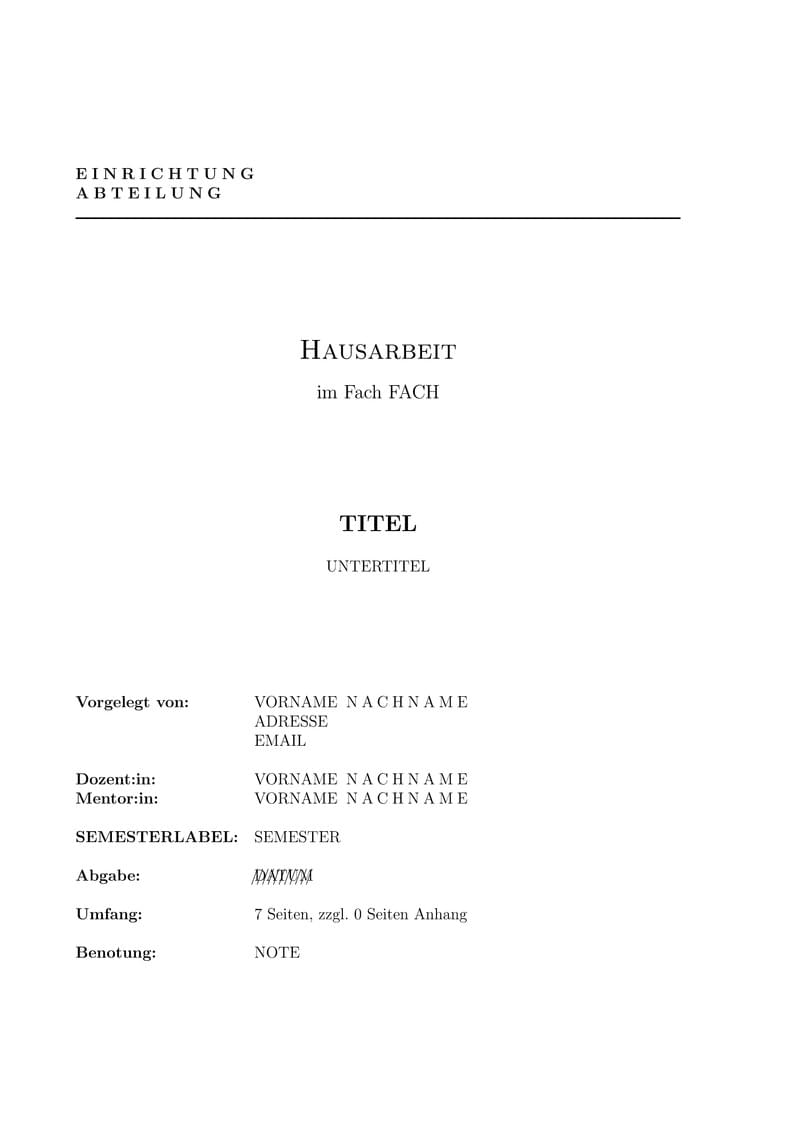
Template für eine Theologische Hausarbeit, z. B. im kirchlichen Fernunterricht der Evangelisch-Lutherischen Kirche in Mitteldeutschland
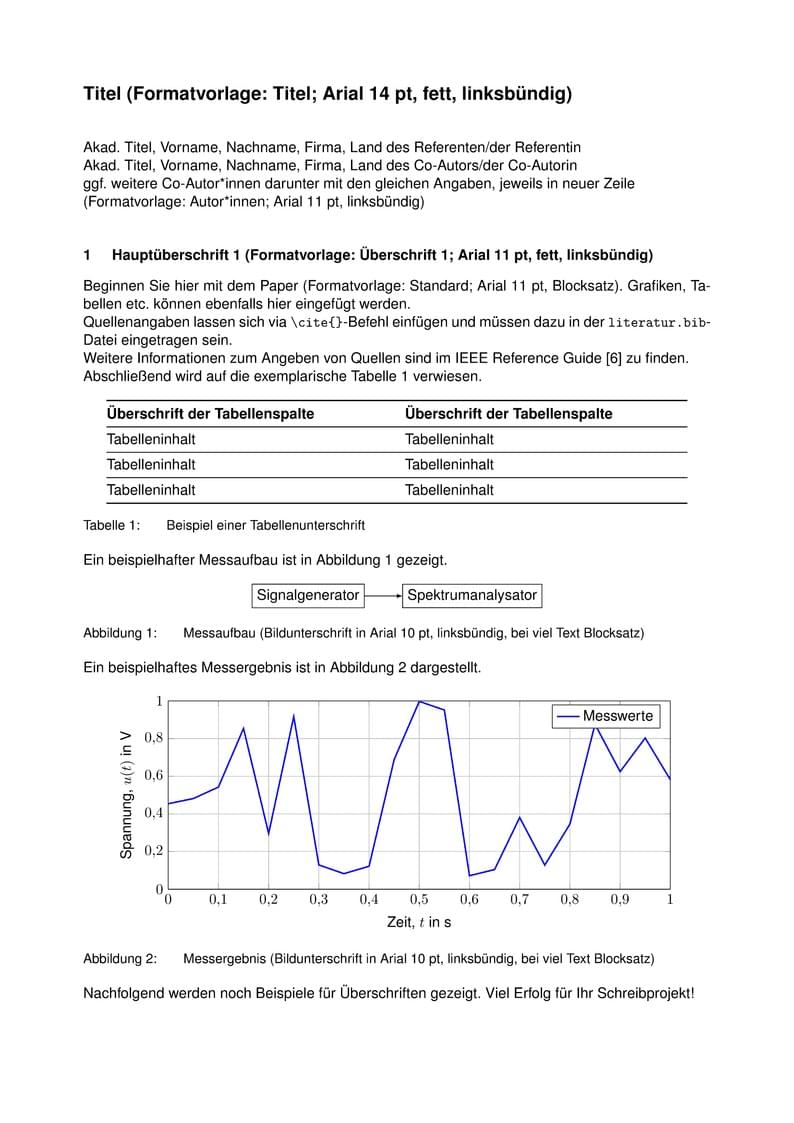
Paper-Vorlage für die EMV Köln 2024 (siehe https://emv.mesago.com/), die vom 12. – 14.03.2024 stattfindet
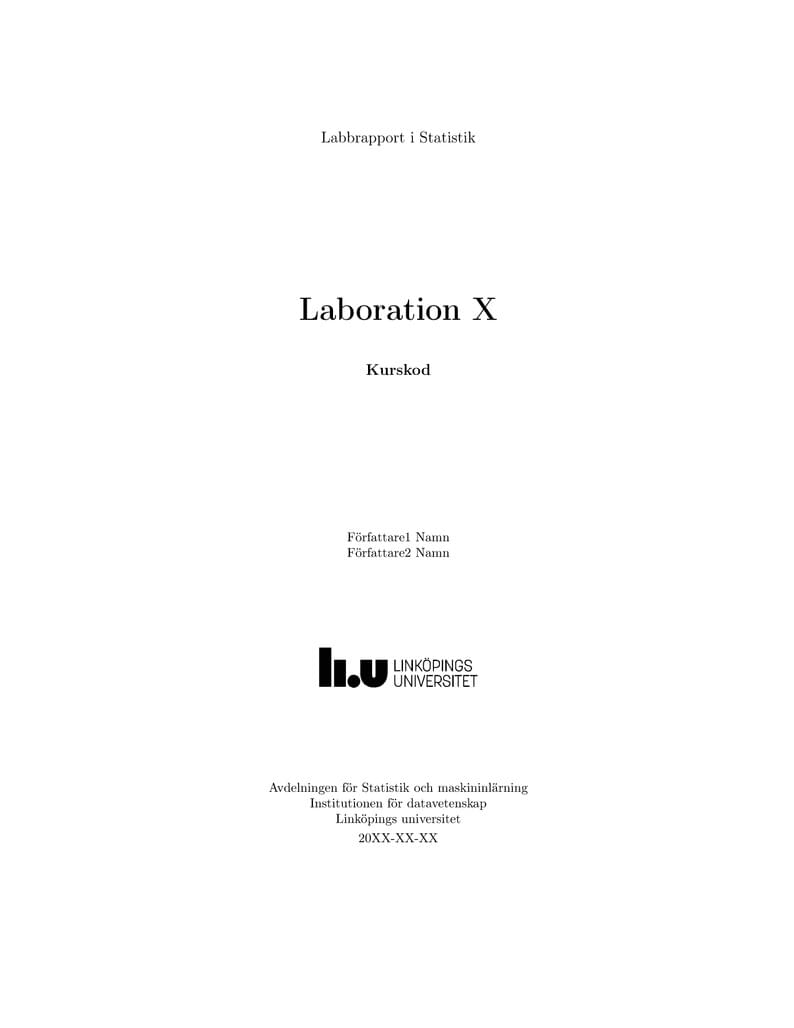
Rapportmall (på svenska) för laborationer gjorda vid STIMA, Linköpings universitet. v2.0